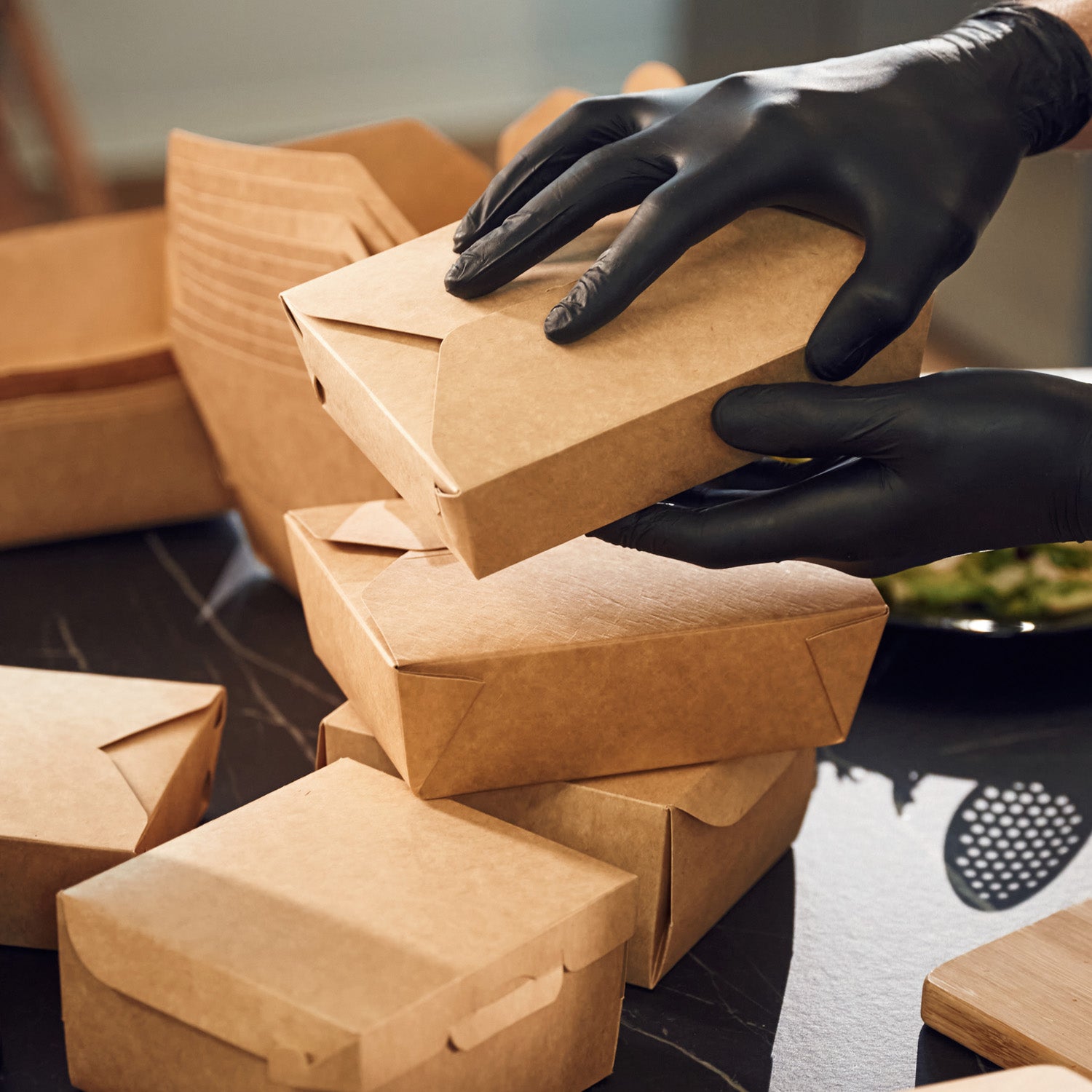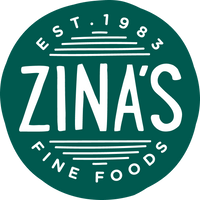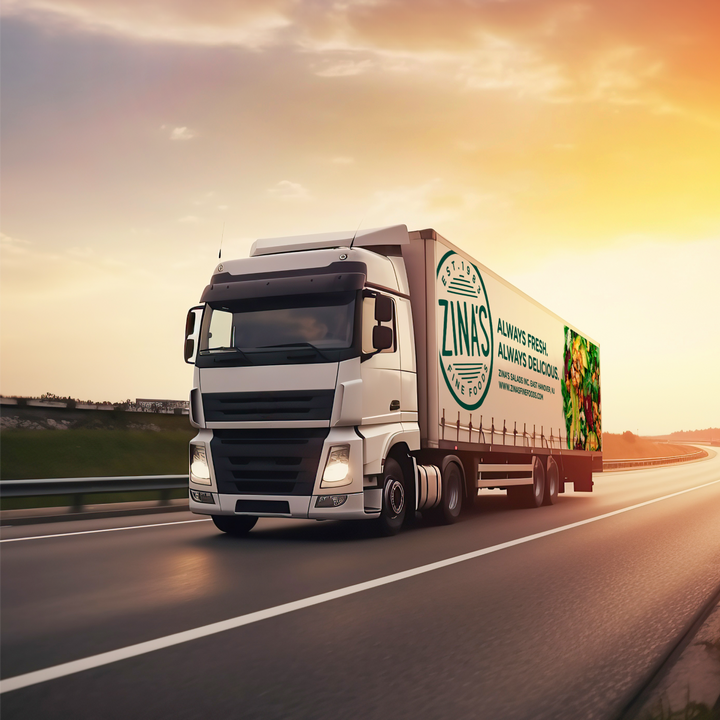
In the food business, there are a lot of products and services that you can offer your customers. You can open a restaurant, cater events, or start a food truck. You can also create your own line of food products that you can sell in stores or online. This is called private labeling.
Private labeling is when you take an existing product and put your own brand on it. For example, you could buy a pre-made salad dressing from a manufacturer and then put your own label on it. Or you could buy a pre-made salad from a grocery store and then put your own label on it.
The benefits of private labeling are that it saves you time and money. You don't have to create the product from scratch, and you don't have to worry about marketing and distribution. The downside is that you don't have as much control over the quality of the product, and it can be difficult to stand out from the competition.
As a chef, you know that quality is important. So the question is, should you private label or not? Here are some things to consider.
What are your goals?
The first thing you need to do is figure out what your goals are. Are you looking to save time? Are you looking to save money? Are you looking to grow your brand? Once you know what your goals are, you can start to figure out if private labeling is right for you.
The food industry has always been a fascinating sector for me, from the front end as a consumer to the back end as a manufacturer. I was always keen to explore different aspects of this field, which eventually led me to private labeling. Private labeling is when you take an existing product and put your own brand on it. For example, you could buy a pre-made salad dressing from a manufacturer and then put your own label on it. Or you could buy a pre-made salad from a grocery store and then put your own label on it.
I started my private labeling business with salads because I wanted to offer something healthy and convenient to busy people. I'm proud to say that our salads are now available in many stores across the country. Private labeling has allowed me to create a successful business while also fulfilling my passion for the food industry.
So, should you private label? The answer is that it depends. What are your goals for your business? What do you hope to achieve by private labeling? Is it important to you to have complete control over the branding and messaging of your product? If so, then private labeling may be the right choice for you.
Here are some additional advantages to consider:
Private labeling can be a powerful strategy for establishing your brand in the food industry, particularly when it comes to partnering with salad manufacturing companies. The world of salads is incredibly diverse, offering a vast array of flavors, ingredients, and styles to choose from. When you pair this with the private label business model, you have a unique opportunity to create a distinct product line that can set your brand apart.
1. Building Your Brand
The main advantage of private label foods is that it allows you to build and strengthen your brand. When you choose to private label salad products, you are essentially putting your brand's name on a high-quality product, which can greatly enhance your brand's reputation. Customers who enjoy your private label salads will associate your brand with quality, freshness, and great taste, which can lead to repeat purchases and brand loyalty.
2. Greater Control Over Pricing
With private labeling, you also have more control over pricing. Because you're buying directly from salad manufacturers, you're cutting out the middleman, which can result in significant cost savings. This means you can price your products more competitively, making them more attractive to customers and potentially increasing your market share.
3. Flexibility and Customization
Private labeling also offers greater flexibility in terms of product customization. Salad manufacturing companies often provide a range of options for you to choose from, allowing you to tailor your product line to meet the specific needs and preferences of your target market. Whether it's offering gluten-free, vegan, or region-specific salads, the choices are virtually endless.
4. Expanding Your Product Range
Private labeling allows you to expand your product range without the need for substantial investments in production facilities. By partnering with salad manufacturing companies, you can add a variety of salads to your product lineup, increasing your offerings to customers and potentially boosting sales.
5. Profiting from Expertise
By partnering with a salad manufacturing company, you're able to leverage their expertise in salad production. These companies have invested in state-of-the-art equipment and have stringent quality control procedures in place, ensuring that your private label salads are of the highest quality.
While private labeling may not be the right choice for every business, it's an option worth considering if you're in the food industry. By partnering with salad manufacturers, you can create a unique product line that can help differentiate your brand, attract more customers, and increase your revenue. It's a strategic decision that can yield significant benefits and contribute to the long-term success of your business.
On the other hand, if you’re looking for a quicker path to market or don’t want the hassle of dealing with production and shipping, then selling someone else’s product might be a better option. Ultimately, the decision is up to you—there is no right or wrong answer!
We hope that this article has given you some things to think about as you make your decision. If you have any questions or would like more information on private labeling, please don’t hesitate to reach out to us. We’d be happy to help!
If you're in the food industry, one of your goals might be to find a way to stand out from the competition. With so many options on the market, it can be tough to make your products stand out. One way to do this is through private labeling. By working with a private label manufacturer, you can create unique products that are branded with your company's name and logo. This can help you build recognition for your brand and attract new customers.






